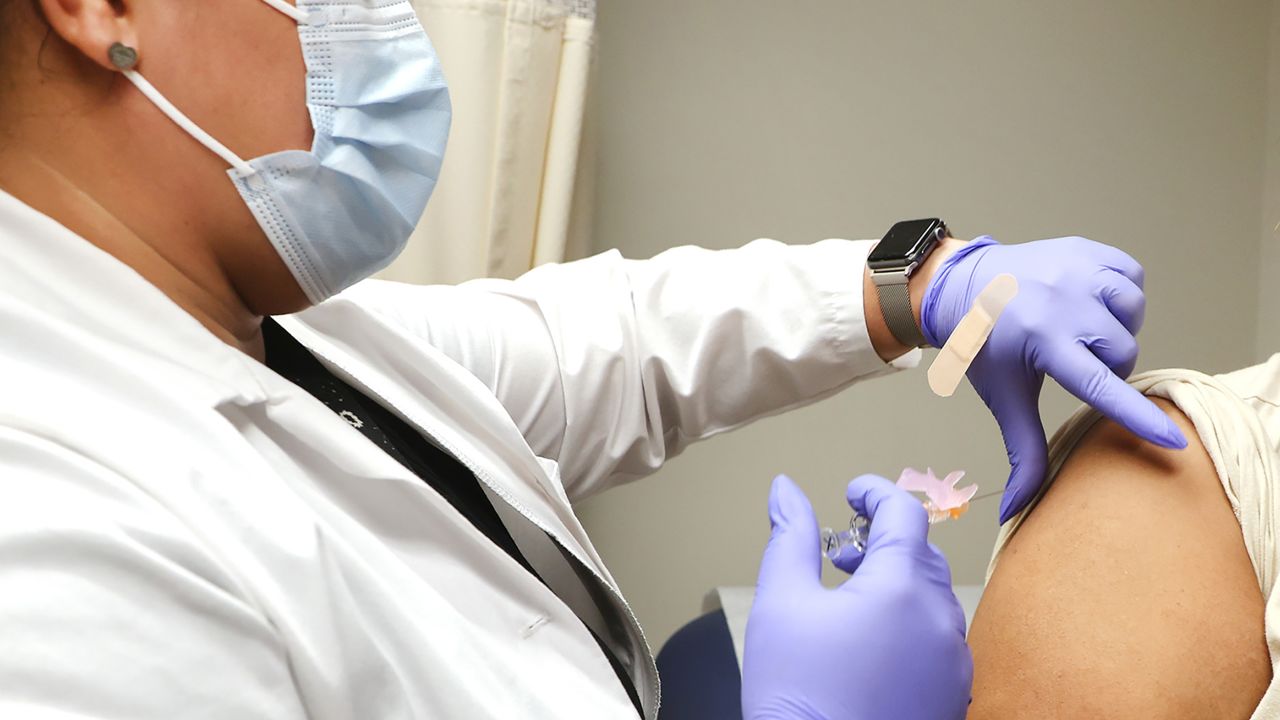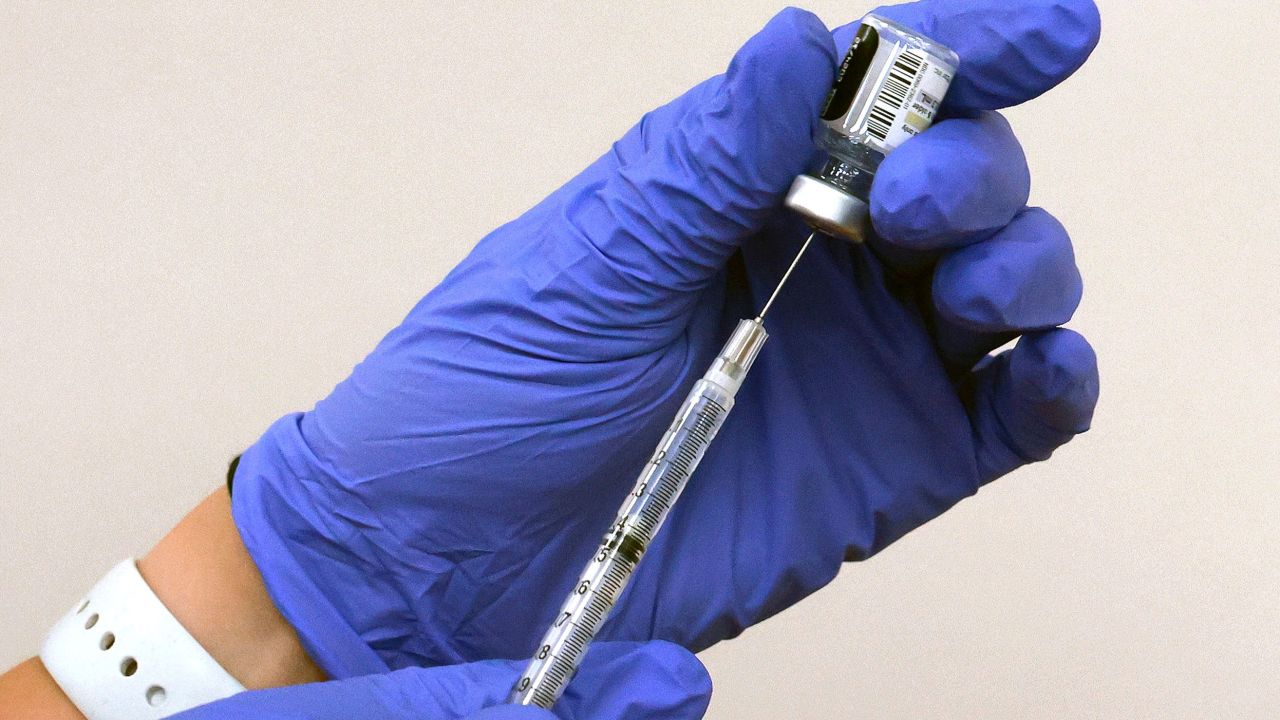Mama and I are going to the Homeland pharmacy to get our yearly flu shot this morning.....the now retired doc I used to go to told me once that folks tend to get them too early and then don't have good protection after the first of the year / through the flu season and to get them right around Halloween.
We've been getting them for years and so far (knock on wood) neither one of us has come down with the flu but then I know folks that never get one and have never come down with it......just a roll of the dice I guess.
Three years ago I did get one of the stronger senior doses for old farts like me and it made me sicker than a dog so the following year I went back to the regular dose and haven't had any problems.
We've been getting them for years and so far (knock on wood) neither one of us has come down with the flu but then I know folks that never get one and have never come down with it......just a roll of the dice I guess.
Three years ago I did get one of the stronger senior doses for old farts like me and it made me sicker than a dog so the following year I went back to the regular dose and haven't had any problems.














